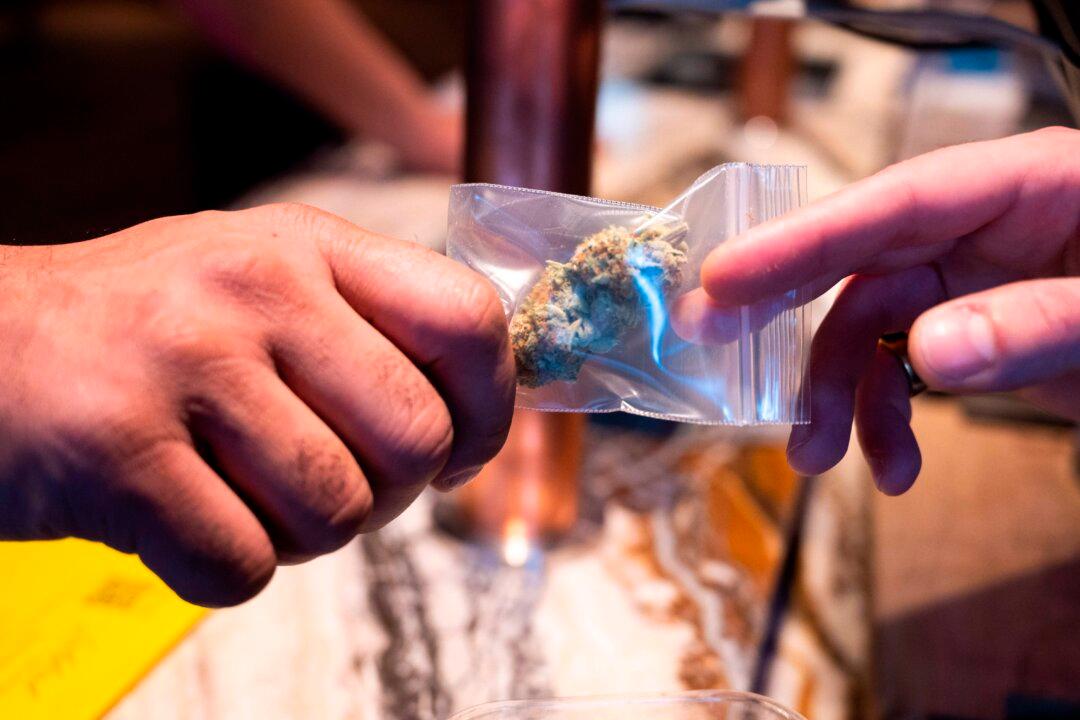California lawmakers are looking for ways to help licensed cannabis retailers thrive as legally operating businessowners are burdened with a saturated market, high taxes, and a persisting black market that make it difficult for some to stay afloat, according to a recently proposed bill.
Assembly Bill 374, introduced by Assemblyman Matt Haney (D-San Francisco) in February, seeks to allow local governments to license so-called cannabis cafes where food and beverages would be sold and consumed alongside marijuana, instead of being sold over the counter like a pharmacy.





